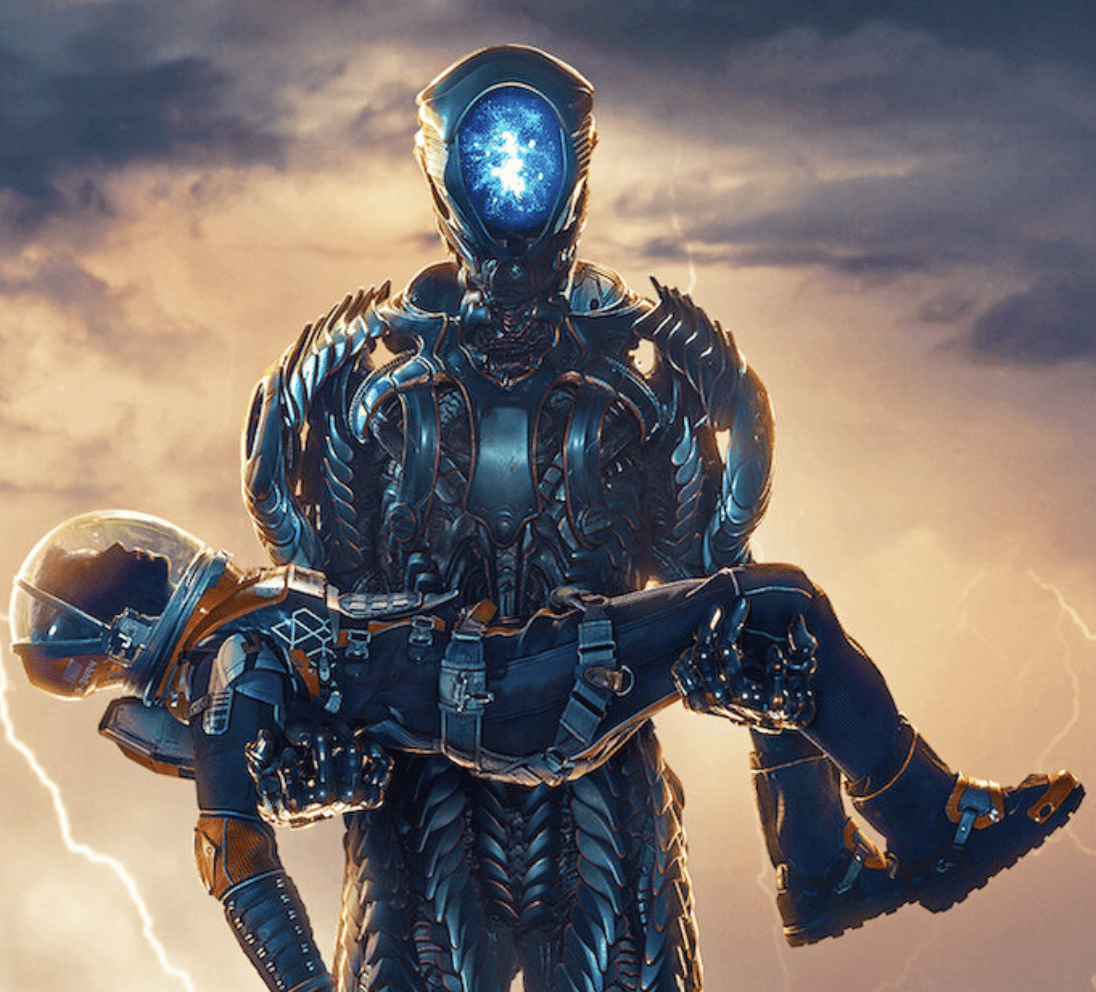A mash-up of links and leads for your amusement:
- It’s never easy to single out one Rocky Mountain Writer podcast guest (because they’re all so great), but I want to take a moment to point out two things about the recent episode with Kelley J. P. Lindberg. (Who is also our blog editor.) First, check out her well-organized website. Realize that this was the way it looked before she landed a literary agent. My point is that prospective agents and publishers would likely be impressed. Hey, here’s a writer who is doing writer things. The site is clean and inviting. Professional. Second, you have to hear her fabulous story about entering the Gold Rush Literary Awards Contest. Doing so led, indirectly, to her agent deal. Well, actually, directly. But indirectly. Listen to the story.
- Okay, one more note about Kelley—the inspiration for True Love Never. That’s the book that landed an agent. I mean, the idea is a fair bit of genius. Again, worth a listen.
- Do you rely on (or simply use) past trauma for a character to inform motivation—well, or to shape character? Check out this interesting piece in The New Yorker about ‘the trauma plot.’ It’s worth a thoughtful read.
- Do you have a character in your current work-in-progress that represents the audience? Should you? An audience surrogate of sorts? Love this idea, forwarded on Twitter by Jan Marshall. (@Jan_Marshall).
- The Age of Jeopardy. No, not the game show. The plot. The keep-you-reading stuff. Nobody does jeopardy like the re-booted Lost in Space. Totally mindless, yes, and totally fun. It’s jeopardy on steroids. Dad doesn’t just fall in a well. He gets impaled by a giant nail. Oh, and medical help is hours away. And the daughter’s giant land rover crashes on the way to rescue him. And she’s got to run. And dinosaurs chase her. And …
- On the complete opposite end of the scale, Station 11. Most of the action & trauma is off the screen and, yeah, it’s a pandemic-triggered story and I was a bit worried as we started that it might be too much like what we’ve all been going through, but … wow. What a moving series about art, writing, survival, storytelling, and on and on. Every episode was different from the last and every episode was so well written. The way they stitched together “then” and “now” was brilliant. I have not read the book; would welcome opinions on the original novel. Worth reading?
- Another good one from Jan Marshall: A 101 Guide to Writing Backstory
- By the way, the podcast schedule is filled through March and into April a bit. Don’t forget to reserve your spot. Send an email to podcast@rmfw.org.
- If you would like to help out producing the podcast, please let me know. Would love to have help!
- Oh, and the baseball book I wrote that’s due to be published by Lake Union next year? It was originally titled The One. That was my working title since I first started writing it in 2018. ‘The One’ is what a catcher calls for when he wants the fastball. It’s a universal signal. My main character is known for his fastball. We didn’t want a title that was too ‘inside baseball’ (ha). We didn’t want something too generic. We wanted something inviting and interesting. (Obviously!) Anyway, with my editors help and a whole bunch of others weighing in on various options (my wife, friends here in southwest Colorado, friends in Chicago, Milwaukee and San Francisco, too) we went through a weeks-long process of considering dozens and dozens of titles. It was grueling. It was also lots of fun. All along I had been pulling for one particular title that seemed to rise in the polls, so to speak, and then fade. It was always a favorite of mine. But it’s now decided. The book will be called The Fireballer.
Category: Blog


Thank you for your kind words, Mark. And I have to say, I absolutely love the title you settled on for your novel. “The Fireballer” is a fantastic, memorable, unique, and attention-grabbing title. Can I borrow your brainstorming friends for MY next title?
Absolutely!! (And thanks.)
I liked the Station Eleven book; I had no idea it was now on TV! It’s more literary sensibilities seem unique in the post-apocalyptic genre. I would welcome others like it if anyone can recommend. It’s also an example of how an established author can break rules: not showing the speculative element for at least 20 pages, introducing throw-away characters (although maybe all pandemic books need those)…
THANKS, Dani! Yeah, the HBO series is one of the best things I’ve seen on TV in a long, long time.
Thanks for the good suggestions, Mark. Agreed, Kelley’s website looks great and functions well. Having read and enjoyed Station 11, I’m looking forward to the onscreen treatment. Love The Fireballer!